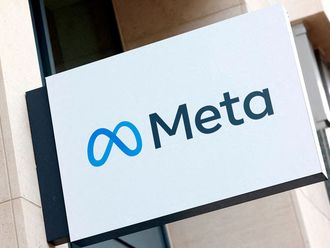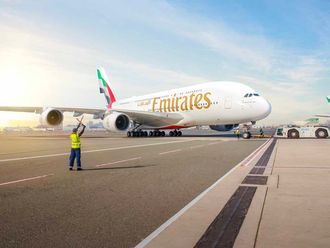Tokyo: Fast-food lunches in Japan are starting to get cheaper as consumers look to trim their dining expenses, a worrying sign for the central bank as it tries to bring about inflation.
Japan’s fast-food chains have lowered menu prices over the last 6 months, with McDonald’s Japan unit, Burger King Japan, and Yoshinoya Holdings Co. offering cheaper deals and lunchtime specials.
McDonald’s rolled out a new weekday lunchtime combo set earlier this month, offering a burger and a small-sized drink for 400 yen ($3.90). The new menu follows an all-day, 200 yen burger promotion that the company introduced last October, said company spokeswoman Kokoro Toyama.
“This was very popular with our customers. We’ve expanded options for weekday lunchtime to offer more cost-friendly, convenient menu options,” she said.
It’s hard to predict whether prices will continue to fall, but signs that a deflationary mindset is taking hold among consumers are likely to be considered by Bank of Japan Governor Haruhiko Kuroda and other policy board members when they meet next week to decide on monetary policy, said Hiroshi Miyazaki, senior economist at Mitsubishi UFJ Morgan Stanley Securities Co.
“Gasoline and other energy-related prices are falling, which makes it easier for the restaurant sector to lower their prices as well,” Miyazaki said. “I suspect the BoJ, going into the September meeting, would be thinking about how it can bring back consumers who are starting to develop a deflationary mindset.”
Consumer prices excluding fresh food, a closely followed measurement of price moves, fell 0.5 per cent in July from a year earlier, its biggest decline since Kuroda took office in 2013. Kuroda is aiming to achieve 2 per cent inflation by end-March 2018, a goal widely seen as unachievable despite the raft of easing measures he has taken.
“I think people would find these 400 yen lunchtime sets pretty helpful,” said Kazuomi Nishiki, a 42-year-old employee at a real estate company who ate at McDonald’s on Monday. “Stock prices may double but since individual income isn’t rising, people are attracted to cheaper options.”












